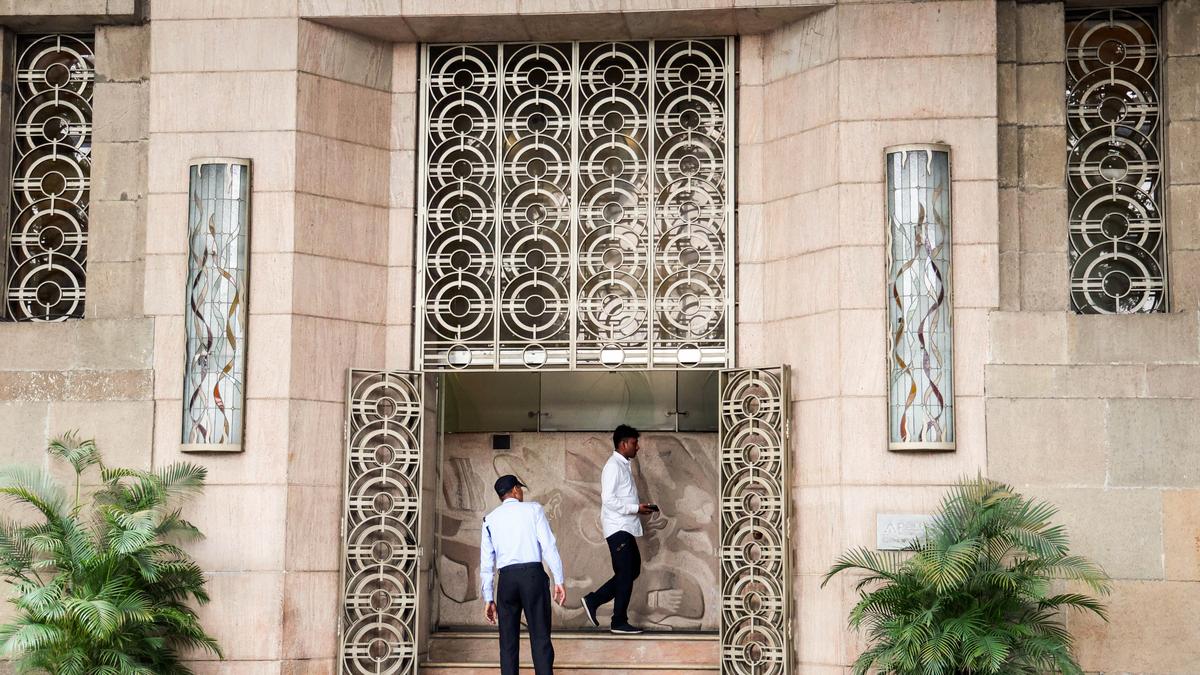Now Reading: Vizianagaram to Host Roundtable on Rythu Bazaar Issues on July 28
-
01
Vizianagaram to Host Roundtable on Rythu Bazaar Issues on July 28
Vizianagaram to Host Roundtable on Rythu Bazaar Issues on July 28

rapid Summary
- Event Announcement: Vizianagaram pattana Powra Samskshema Sangham will host a roundtable conference on July 28 in Vizianagaram to discuss the protection of the rythu bazaar removed from the old Maharaja Hospital premises.
- Call for Unity: Leaders urged political parties, farmer groups, and consumer organizations to unite to safeguard the rythu bazaar established in 1999 on goverment land.
- Allegations on Land ownership: Allegedly, the Pusapati family pressured the government for favorable orders regarding land classified as “prohibitory” since 1922. The family reportedly has no ownership documents despite claiming rights over it.
- Closure without Notice: Farmers were allegedly evicted from the rythu bazaar without prior notice after collectively paying rent for 26 years.
Indian Opinion Analysis
The removal of rythu bazaar from its ancient location raises critical legal and ethical questions about land ownership and clarity in governance decisions that impact livelihoods. The allegations of pressure exerted by influential families like Pusapati, along with claims of impropriety in transferring prohibitory government land, demand thorough inquiry to ensure compliance with existing laws.
The matter has broader implications beyond just Vizianagaram-it highlights the balance between heritage conservation, public use spaces like farmers’ markets (rythu bazaars), and community welfare versus private interests perhaps driving decision-making. If not resolved amicably,such disputes could erode trust across both agricultural communities and local governance structures at large.
This discussion appears timely ahead of an organized roundtable conference where stakeholders-including political parties and consumer groups-may seek collective action or solutions while advocating equitable treatment for affected farmers.
Read more:
[Insert Original Link Here]

























